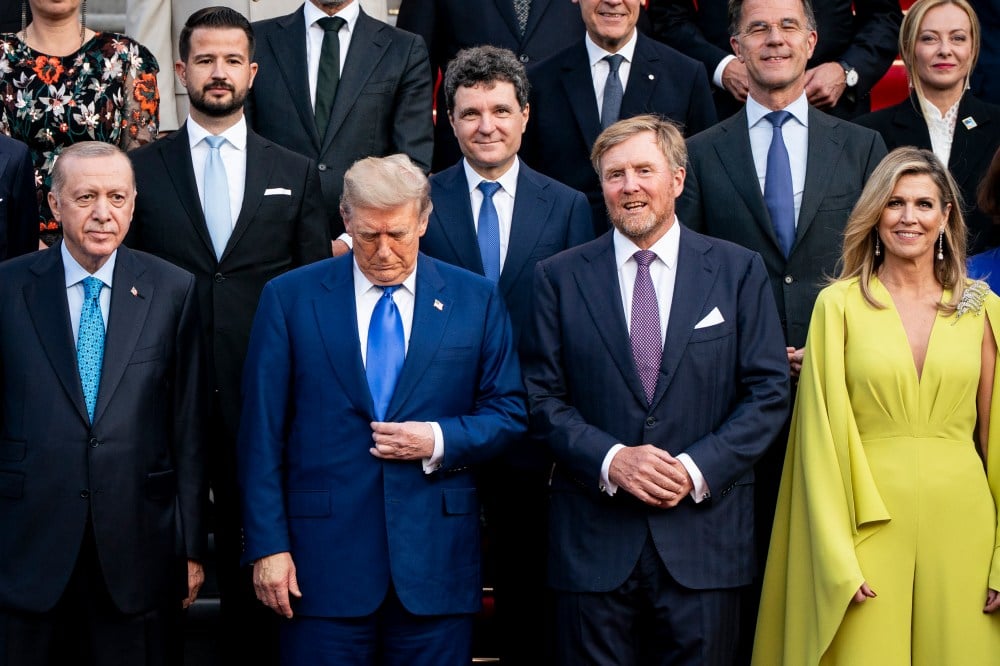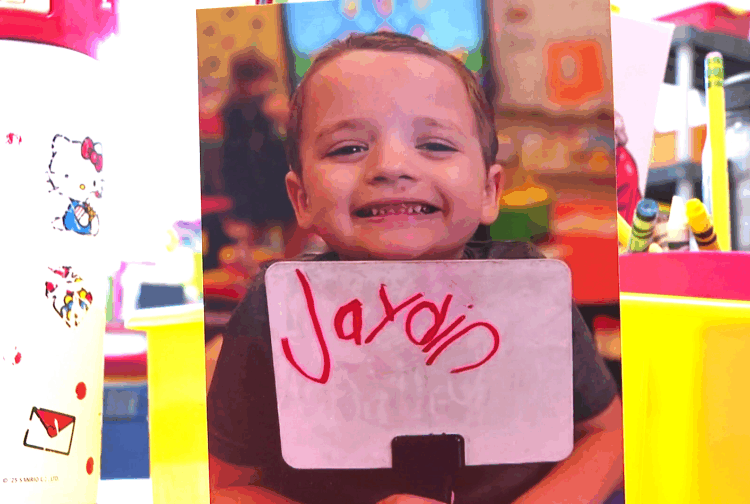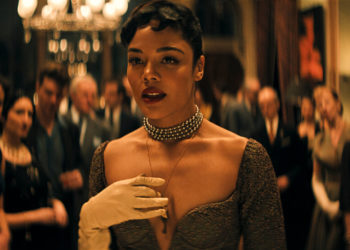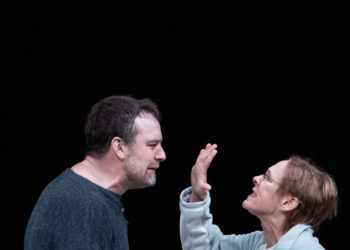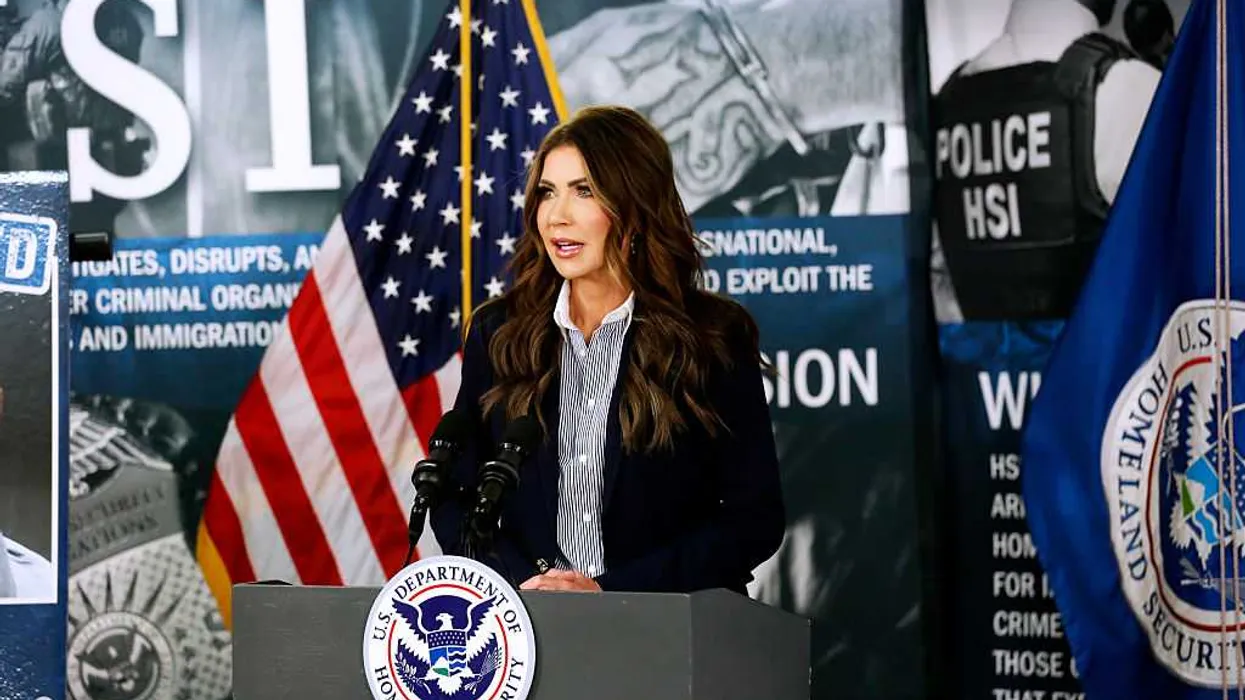THE HAGUE—In the end, this year’s NATO summit will be remembered not for what its 32 members agreed on but for what they chose to avoid discussing.
The headlines will note that countries in the world’s biggest military alliance pledged to increase their defense spending to 5 percent of their GDPs—a round-figure target that U.S. President Donald Trump has been demanding for some time. Yet the devil is in the details. The 5 percent target is actually 3.5 percent, with an additional 1.5 percent allocated to defense-related infrastructure such as roads and railways, a category that senior officials admit is somewhat fuzzy.
There is further chicanery in the historically short summit communiqué. Trump said the 5 percent target won’t apply to the United States, which spends a shade more than 3 percent; Spain was granted special dispensation to make its own budgetary decisions; and regardless, there is no mechanism to force countries to adhere to their targets. (Last year, a full decade after promising to spend 2 percent of their GDPs on defense, nearly a third of NATO members had failed to meet that target.)
But it’s not just the fine print that historians might one day reflect on after this latest NATO summit, the first that Trump has attended since Russia’s full-scale invasion of Ukraine in 2022. Gone were discussions about providing further assistance to Kyiv, or when and how Ukraine or Georgia would join the alliance. Also missing were substantive conversations about imposing costs on Russia—a likely concession to Trump, given his refusal to blame Russian President Vladimir Putin for starting his war in Ukraine.
As NATO officials have openly admitted, the summit was designed with one main purpose in mind: to agree on increasing defense spending, and to do so without giving the visiting Trump an opportunity to blow things up.
Was a gathering worth the effort? A show of unity and resolve is always popular. “Putin has woken a giant,” said Radoslaw Sikorski, the Polish foreign minister, speaking in front of a friendly audience at NATO’s public forum. “Within a few years, Russia will find it difficult to match our spending on defense.”
Perhaps, but one wonders whether Ukraine will make it that long. It’s also an open question whether the leaders present at this year’s summit will survive their next test at the polls—especially if they increase military spending and find that the numbers don’t add up.
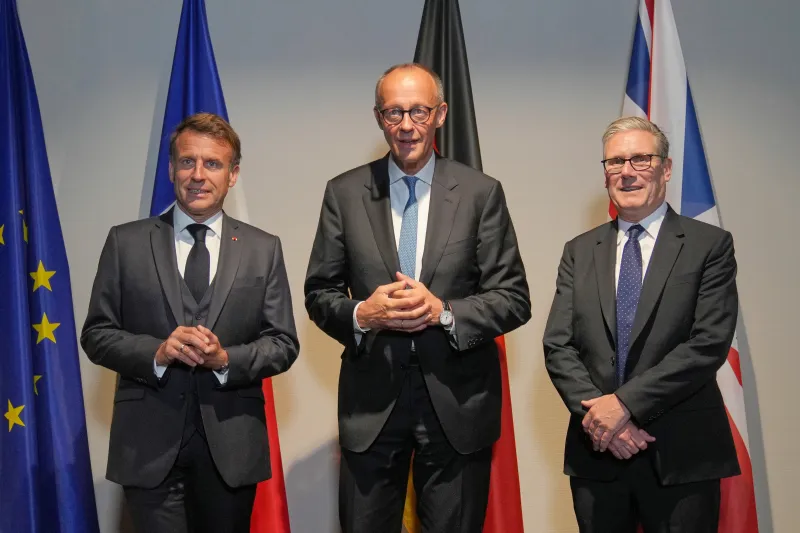
A few days after Russia attacked Ukraine in February 2022, Constanze Stelzenmüller, a European scholar, provided a quote to the Economist that has since taken on a life of its own. Since the end of World War II, she said at the time, “Germany had outsourced its security to the United States, its energy needs to Russia and its export-led growth to China.”
The sweeping assessment could also have included NATO’s other European members. For the past 80 years, one might argue, Europe constructed a welfare system in part because Washington’s security umbrella allowed it to avoid investing in its own defense. As is now well known, the United States has begun calling in its dues—and Russia and China feel more emboldened than before. For Europe, it’s an abrupt end to eight decades of geopolitical convenience. And this will likely have political consequences. Once European countries start increasing their defense spending, will their people be willing to give up the social benefits that they have gotten used to?
“It’s a difficult question,” said David Van Weel, the Netherlands’ minister of justice and security. “But we can make it about rebuilding our infrastructure: There is not a bridge in the Netherlands that can actually hold a tank.”
Van Weel, a former top official at NATO, is more comfortable strategizing national security than he is with domestic politics, however. Notably, his government collapsed earlier this month after a far-right populist, Geert Wilders, pulled out of the ruling coalition.
“I can’t say that we have succeeded, because our government has indeed fallen,” Van Weel admitted.
NATO members that intend to deliver on their pledges to increase defense spending will need to find the money somewhere. But where? At a public event that I moderated with the defense ministers of Belgium, Latvia, and the Netherlands, the officials opted to punt that thorny question to their respective finance ministries.
“There is a pretty strong correlation between cutting spending on social services and increasing support for populist parties,” said Armida Van Rij, an expert on Europe at the British think tank Chatham House, citing Italy’s experience during the pandemic. An alternative to the political suicide of cutting benefits or raising taxes could be to take on additional debt to pay for defense spending. But even there, young voters will likely complain. “And Russia will try to exploit all of these weak points with disinformation campaigns,” Van Rij added.
Europe isn’t a monolith, of course. Countries such as Italy and Spain, laggards in meeting NATO’s targets for defense spending, tend to look south when they think about the risks of increased migration. Baltic countries, on the other hand, look warily east toward the Kremlin.
“Our people definitely understand that there won’t be any kind of social or medical system if Russia is invading, and we are not ready for that,” said Margus Tsahkna, Estonia’s foreign minister, in a conversation with Foreign Policy. “This is a totally different situation than you see in Spain.”

“We all know what to do,” Jean-Claude Juncker, the former president of the European Commission, once said. “We just don’t know how to get reelected after we’ve done it.”
Europe’s leaders today find themselves walking a tightrope trying to explain to their people the level of threats that they face without coming off as scaremongers. There is no shortage of challenges, from a revanchist Russia to a muscle-flexing China and an isolationist United States. Add to that the salience of artificial intelligence and rising middle powers with the money to control the technologies of the future, and Europe has its work cut out for it.
The perception that NATO leaders designed the shorter-than-usual Hague summit to cater to Trump and his desire for a winning headline might not help matters in the longer term.
“The plan seems to be to keep the messaging positive and focused on alliance unity,” said Amanda Sloat, a top former Europe policymaker in the Biden administration. “It would be more helpful to frame things in an honest way that addresses the security threat we are facing from Russia.”
“We need to explain to the European publics why increased defense spending is necessary to match our threat perception,” said Benedetta Berti, NATO’s director of policy planning. “But we also need to show how there’s a dual-use case for investing in defense with applications that can really bring prosperity to society at large. That’s what we need to square the circle on.”
Van Rij, the European analyst, pointed out that European leaders need to bring the public along with them, not only because they will need their approval to increase defense spending, but also because they will literally need people—bodies to fight—in the event of a conflict. The idea of conscription introduces a generational cleavage that could divide Europe further. According to a recent poll conducted by the European Council on Foreign Relations, while a majority of people aged 30 and older in Germany and Portugal supported reintroducing mandatory military service, people between 18 and 29 years strongly rejected the idea.
“I think the communications piece is what’s missing from the conversation about defense spending so far,” Van Rij said. “Having this debate truthfully and bringing the people along with us is really important. Ultimately, it’s what makes us different from Russia and China.”
The post NATO Is Avoiding a Difficult Conversation appeared first on Foreign Policy.
